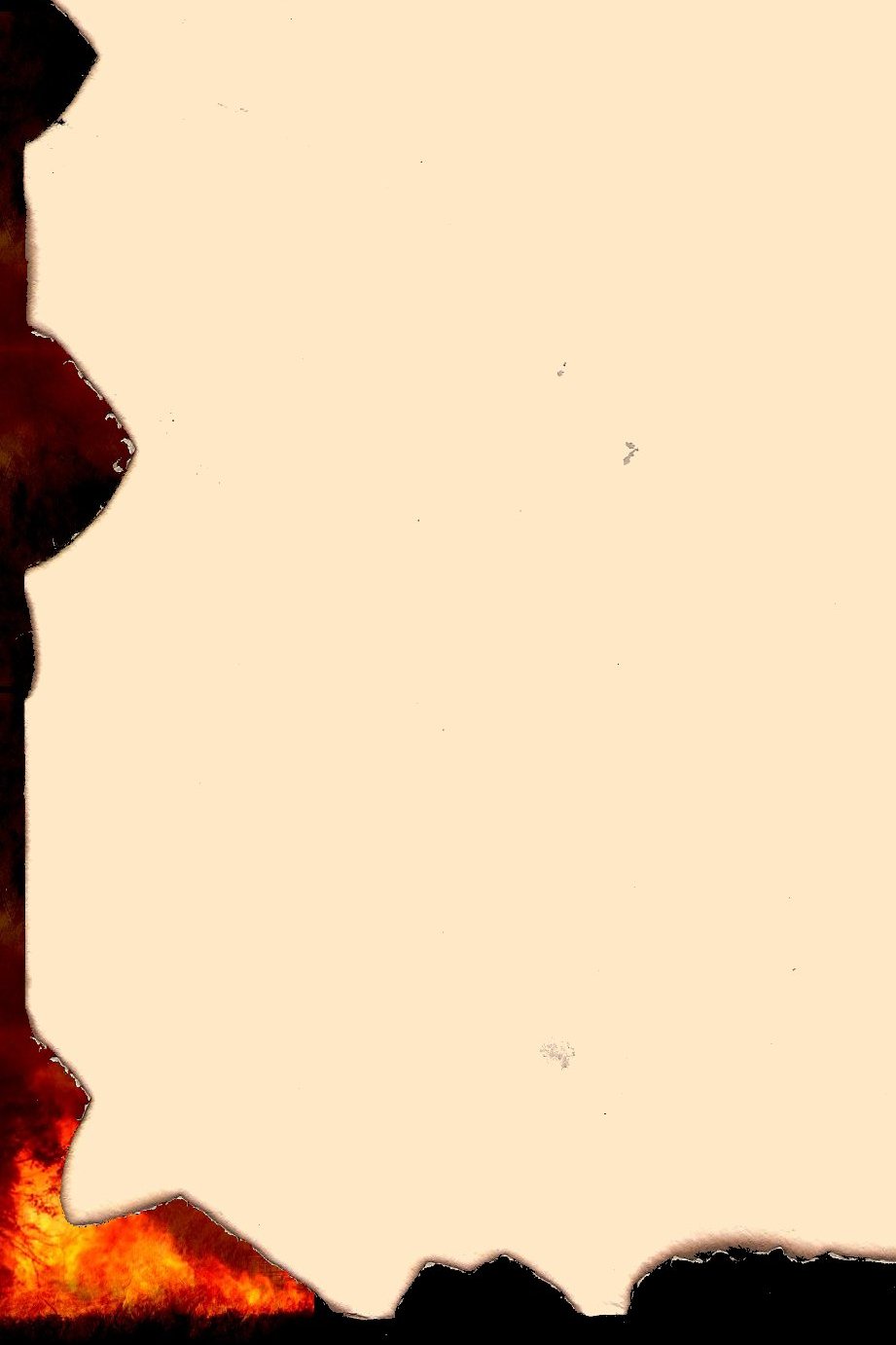![]()
Jean-Marie Mercier, son of a cloth merchant and very unlikely soldier, reveals himself even more clearly than Anne does, since his anxiety to please his interviewer is apparent in every line. His speech is riddled with irritating timidities such as ‘I think’, ‘perhaps’, ‘quite’ and ‘a little’, yet it would be unwise to dismiss him altogether on that account. Even Jean-Marie has his one moment of standing up to his interrogator, and we learn a great deal about his principles from the one question he steadfastly refuses to answer.
He is also a very detailed observer, provided we are prepared to discount his obvious emotional allegiances. Here, for instance, is his account of the first meeting in the Hermitage, which I have retrieved from the archives of unpublished material. It tells us a great deal less of what happened than the pithy account given by Jacques in Honour and the Sword, but still casts an interesting sidelight both on how André was regarded (by some), and also on Jean-Marie’s own personality:
It was dark and shadowy in the building, with little pools of light, and the rustling and murmuring of a lot of people sitting close together. As I came further in, I saw there were candles wedged in between the floorboards and standing on little tin trays, lighting up faces in strange, disembodied white blobs, and creating a curiously dream-like effect rather like a night festival. I thought it was all quite beautiful.
The only person I knew there was Stefan Ravel, who was picking his teeth with a knife and scowling round as if we were so many rats. Then he looked up and I heard a whispering sound spreading through the crowd from the direction of the door. People were saying to each other ‘The Seigneur’, ‘The Sieur’, but others said ‘André’, and I suddenly realized who they must mean.
Everyone knew about André and Jacques, but nobody knew they’d be here tonight, and none of us from Verdâme had seen them at all. The excitement was simply rippling around, heads were turning and people were saying ‘Where? Where?’ I remember craning forward to get a look.
Then there they were, moving easily through the crowd as if they didn’t hear the whispering at all. They walked with an air of casual importance which made people naturally move aside for them, and I noticed with a sudden jolt of excitement they were both wearing swords. It was so long since we’d seen a Frenchman carrying a sword, and these two wore them as if they did it every day. Then the one in front stumbled a little over someone’s legs, and his head came up for a moment. Someone behind me said ‘That’s him, that’s André de Roland’ and it was.
He was taller than I expected. I know he wasn’t quite fourteen at that time, but he seemed older, he seemed older than me. Perhaps it was the sword, and the way he moved to accommodate it without even thinking. I didn’t see much of his face in the dark, but I remember how pale it was, and those thin black brows and those eyes gleaming in the light of the candles. He was so alert, so bright, he made everyone around him look half asleep.
